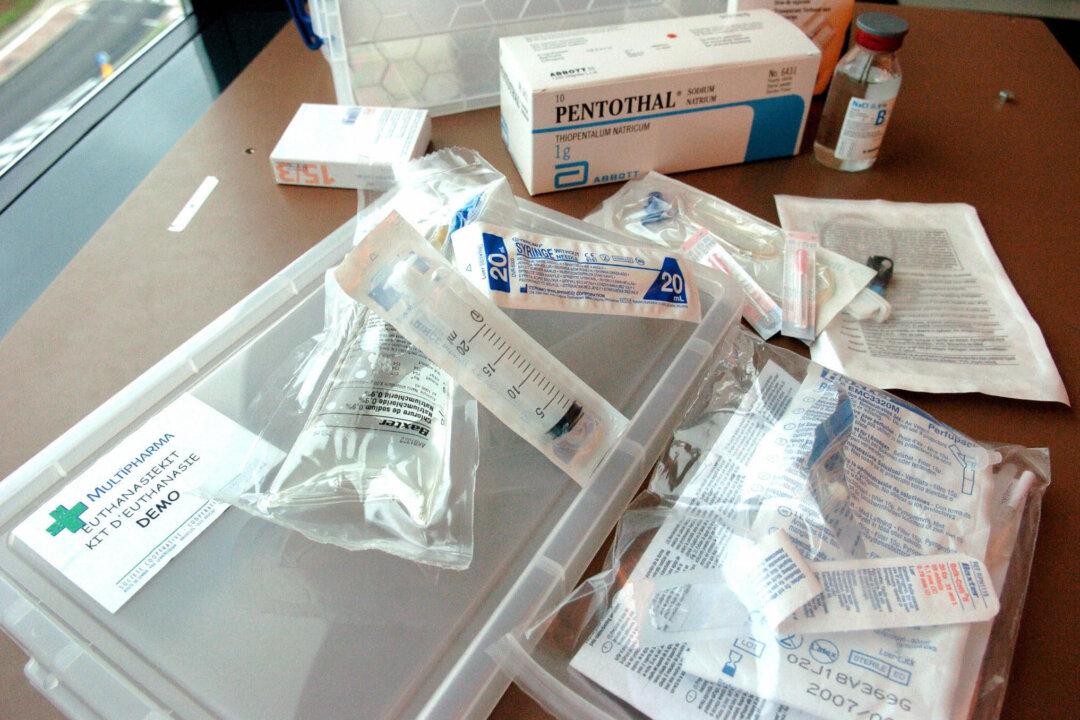Canadian patients who opt for euthanasia provide more transplant organs than any other country globally that allows physician-assisted suicide, according to the first international review of medical assistance in dying (MAID).
Patients in Canada who decide to end their lives with physician help also contributed to almost half of the world’s documented organ transplants occurring after euthanasia.





